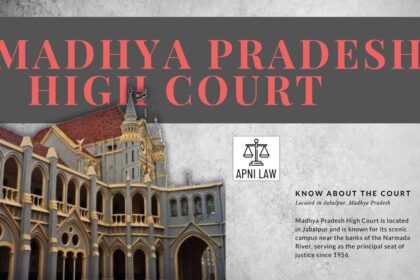Code:
Nothing contained in this Code shall, in the absence of a specific provision to the contrary, affect any special or local law for the time being in force, or any special jurisdiction or power conferred, or any special form of procedure prescribed, by any other law for the time being in force.
STATE AMENDMENT
Manipur
In section 5 of the principal Act,–
(i) in between the figures and commas “396,” and “399,” , the figures and comma “397,” shall be inserted;
(ii) in between the words “or” and “Session”, the words “the Court of” shall be inserted.
[Vide Manipur 10 of 1983, s. 5]
Explanation:
Section 5 of the CrPC acts as a saving clause, preventing the repeal of existing laws and procedures unless explicitly mentioned in the Code. It preserves the continuity of the legal system by ensuring that previously applicable laws and procedures remain in effect unless specifically repealed.
Illustration:
Suppose a particular law regarding the procedure for arresting a person was in effect before the CrPC came into force. If this law is not explicitly repealed by the CrPC, it will continue to apply even after the CrPC’s enactment.
Common Questions and Answers:
Q: What happens to laws that are not mentioned in the CrPC?
A: Such laws are not affected by the CrPC and remain in effect.
Q: Can a law be repealed by the CrPC even if it’s not mentioned in the Code?
A: Yes, if the CrPC explicitly states that a particular law is repealed, then that law will cease to exist.
Q: What is the purpose of this saving clause?
A: The purpose is to ensure the smooth transition to the new Code and avoid any disruption in the existing legal framework.








